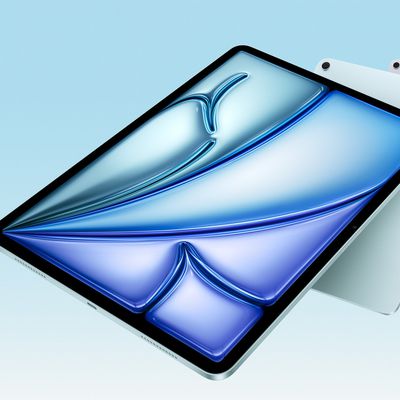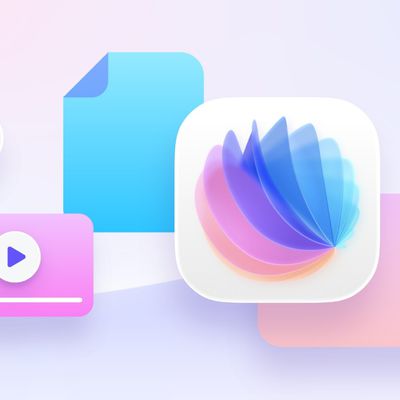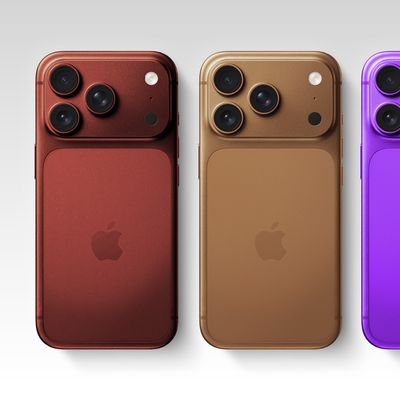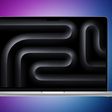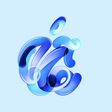 Late last week, a U.S. judge declined to award a preliminary injunction that would have blocked Samsung from selling its Galaxy line of smartphones and tablets in the United States, marking a setback for Apple in its effort to take on Samsung for its alleged infringement of Apple's designs and functionality. Judge Lucy Koh did, however, suggest that Samsung was likely to have infringed some of Apple's patents but declined to issue an injunction because of a lack of evidence that Apple would suffer irreparable harm if Samsung were allowed to continue selling the products while the case was being heard.
Late last week, a U.S. judge declined to award a preliminary injunction that would have blocked Samsung from selling its Galaxy line of smartphones and tablets in the United States, marking a setback for Apple in its effort to take on Samsung for its alleged infringement of Apple's designs and functionality. Judge Lucy Koh did, however, suggest that Samsung was likely to have infringed some of Apple's patents but declined to issue an injunction because of a lack of evidence that Apple would suffer irreparable harm if Samsung were allowed to continue selling the products while the case was being heard.
In her ruling, Koh wrote that for some of the smartphones, "Apple has established a likelihood of success on the merits at trial."
Koh added that Apple would likely prove Samsung infringed one of its tablet patents. However, Apple had not shown that it was likely to overcome Samsung's challenges to the patent's validity, Koh wrote.
Apple must demonstrate both infringement and validity to succeed in its lawsuit.
Interestingly, The Verge notes that the court order declining to issue the injunction reveals that Apple has in fact licensed to third parties one key iOS patent covering the "scrollback" feature displaying the linen texture when elastically scrolling beyond the end of a document or webpage. Licenses for the patent were obtained by Nokia and IBM, and Apple offered a license to Samsung during failed negotiations back in November 2010.
Apple asserted this patent against Samsung as part of its failed attempt to get an injunction against Galaxy devices, and the court order denying the injunction includes general discussion of how past licensing behavior affects the decision of whether or not to grant an injunction. The discussion is nestled among two redacted statements shown to The Verge that confirm the '381 patent was licensed to IBM and Nokia, and that Apple offered a license to Samsung in November of 2010 as part of settlement negotiations.
At first blush, the revelation suggests that because Apple is indeed willing to offer licensing for certain iOS features rather going to the "thermonuclear war" extreme, its case may be strengthened by Samsung's refusal to purchase a license as other companies have done.
But the fact that Apple has been willing to license the feature to other companies for monetary compensation also undermines its argument that it is being irreparably harmed by Samsung's alleged infringement. In Koh's view, if Apple could be adequately compensated for the infringement through a license by Samsung, Apple could be made whole at a later date without the need for a preliminary injunction at this point in the trial.


